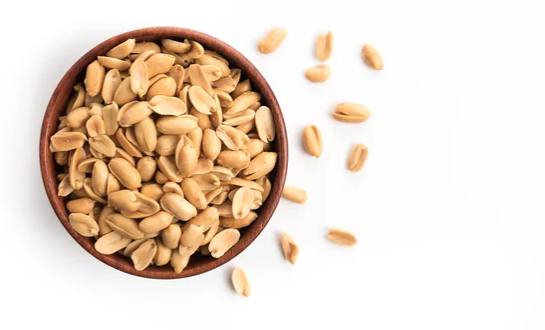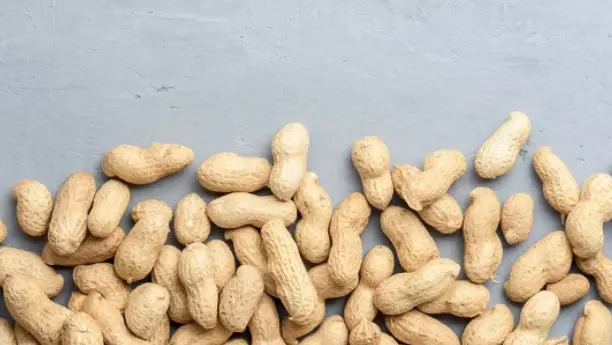Peanuts are a staple food in many households and a beloved snack for many people.
However, there is often confusion about whether peanuts are considered a vegetable or not.
This confusion is understandable, as peanuts are often used in dishes that are typically made with vegetables and are sometimes referred to as “nuts.”
However, what is the truth behind the classification of peanuts?
In this post, we will delve into the world of peanuts and explore whether they are considered a vegetable or something else entirely. Get ready to expand your knowledge and learn the truth about peanuts.
First, let’s define what a vegetable is.
What Are Vegetables?
According to the U.S. Department of Agriculture (USDA), a vegetable is a “plant or part of a plant used for food, other than a sweet fruit or nut.” This definition is important because it helps us understand that a vegetable is a broad category that encompasses many different types of plants, including leafy greens, root vegetables, and more.
Are Peanuts Considered a Vegetable?

are peanuts considered a vegetable
So, what about peanuts? Are they considered a vegetable? The answer is no. Peanuts are actually considered a legume, not a vegetable. Legumes are a type of plant that are grown for their seeds, which are contained in pods. Other common legumes include beans, lentils, and chickpeas.
Also, it is worth noting that while peanuts are not considered a vegetable, they are still an important source of nutrition. Peanuts are rich in healthy fats, protein, fiber, and various vitamins and minerals. They are also a good source of antioxidants, which can help protect against chronic diseases.
Classification Matters: Understanding Peanuts as a Legume
Peanuts belong to the family of legumes, which are plants that grow their seeds in pods. Legumes are an important food source for many people around the world and are known for their high protein and fiber content.
Some people may be confused about peanuts being a legume because they are commonly referred to as nuts. However, peanuts are not actually nuts but rather seeds that grow in the ground. They are unique in that they grow underground, while most other legumes grow above ground.
Why Does the Classification of Peanuts Matter?
Knowing that peanuts are classified as legumes and not vegetables is important for a few reasons. First, it helps us understand their nutritional profile. Legumes are typically high in protein, fiber, and healthy fats, which makes them a great food choice for people looking to add more plant-based protein to their diet.
Second, the classification of peanuts can impact how they are used in recipes. For example, if you are looking to make a vegetable-based dish, you may want to consider using other types of vegetables instead of peanuts.
Finally, the classification of peanuts can also impact their regulation by the USDA. The USDA has specific guidelines for the labeling and marketing of fruits, vegetables, and legumes, so it is important to know which category peanuts belong to.
Conclusion
In conclusion, peanuts are not considered vegetables but rather legumes. Understanding this distinction can help us make informed food choices and ensure that we are getting the most nutritious options for our diet.
Reference
Sources:
- United States Department of Agriculture. (n.d.). Definition of a Vegetable. Retrieved February 5, 2023, from https://www.usda.gov/media/blog/2012/03/09/definition-vegetable
- National Peanut Board. (2021). The Benefits of Peanuts. Retrieved February 5, 2023, from https://nationalpeanutboard.org/peanut-info/health/benefits/
- Harvard T.H. Chan School of Public Health. (2019). Legumes: Health Benefits, Risks & Nutritional Information. Retrieved February 5, 2023, from https://www.hsph.harvard.edu/nutritionsource/food-features/legumes/
Note: The above information is accurate as of 2021 and might have changed since then.




